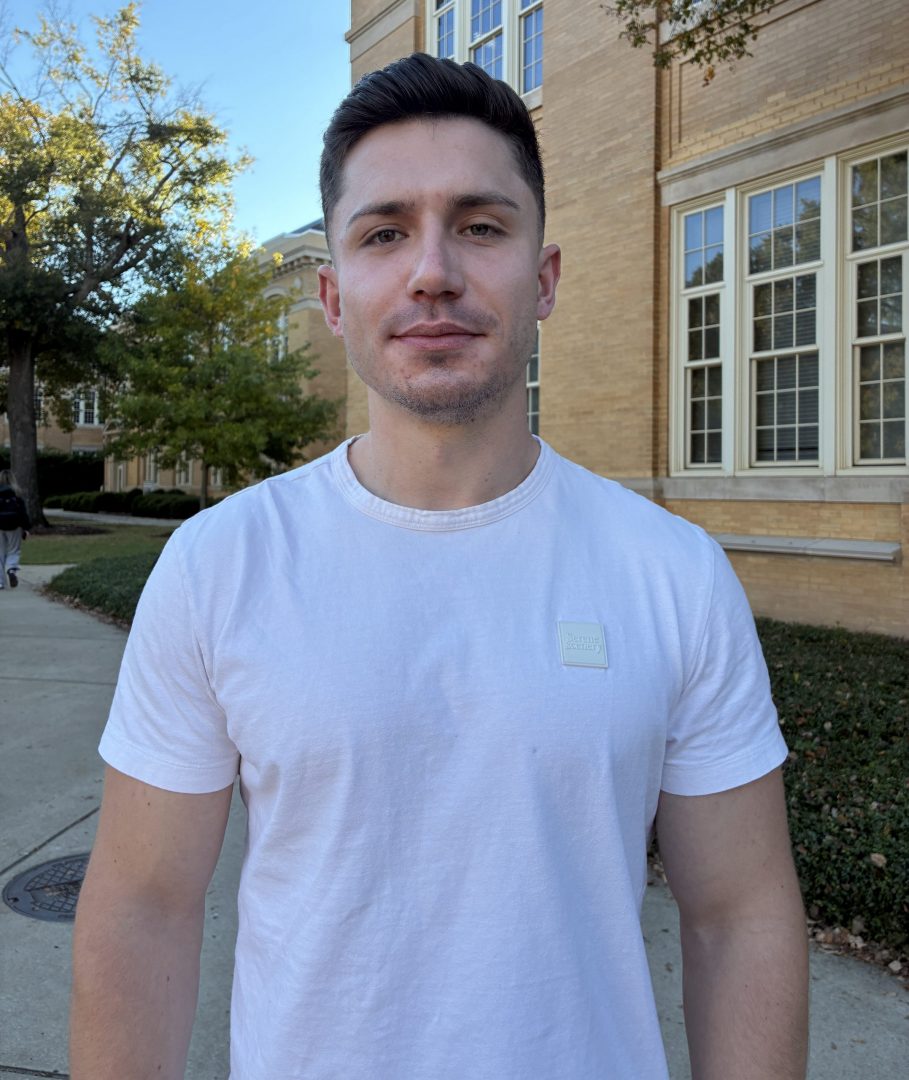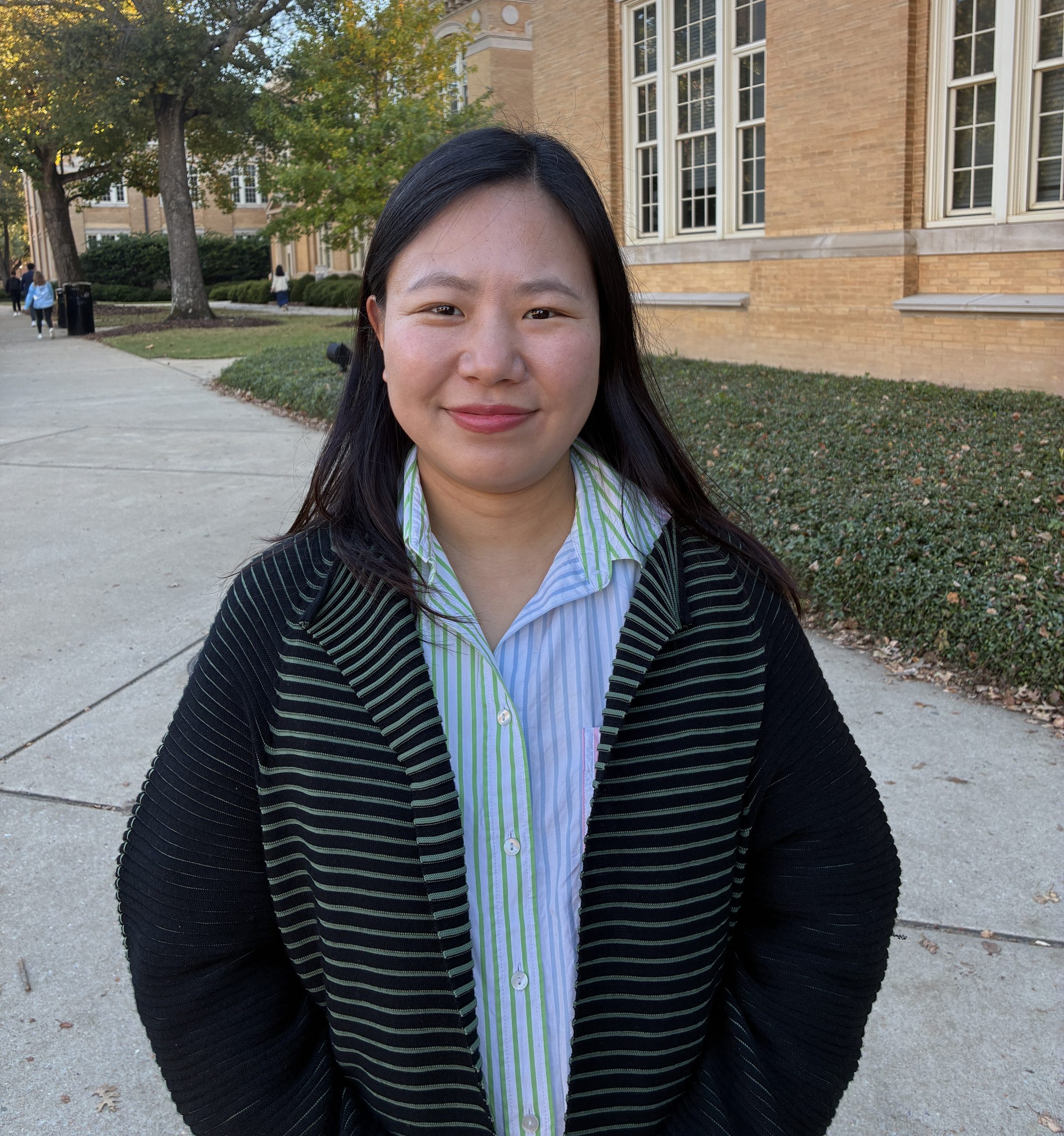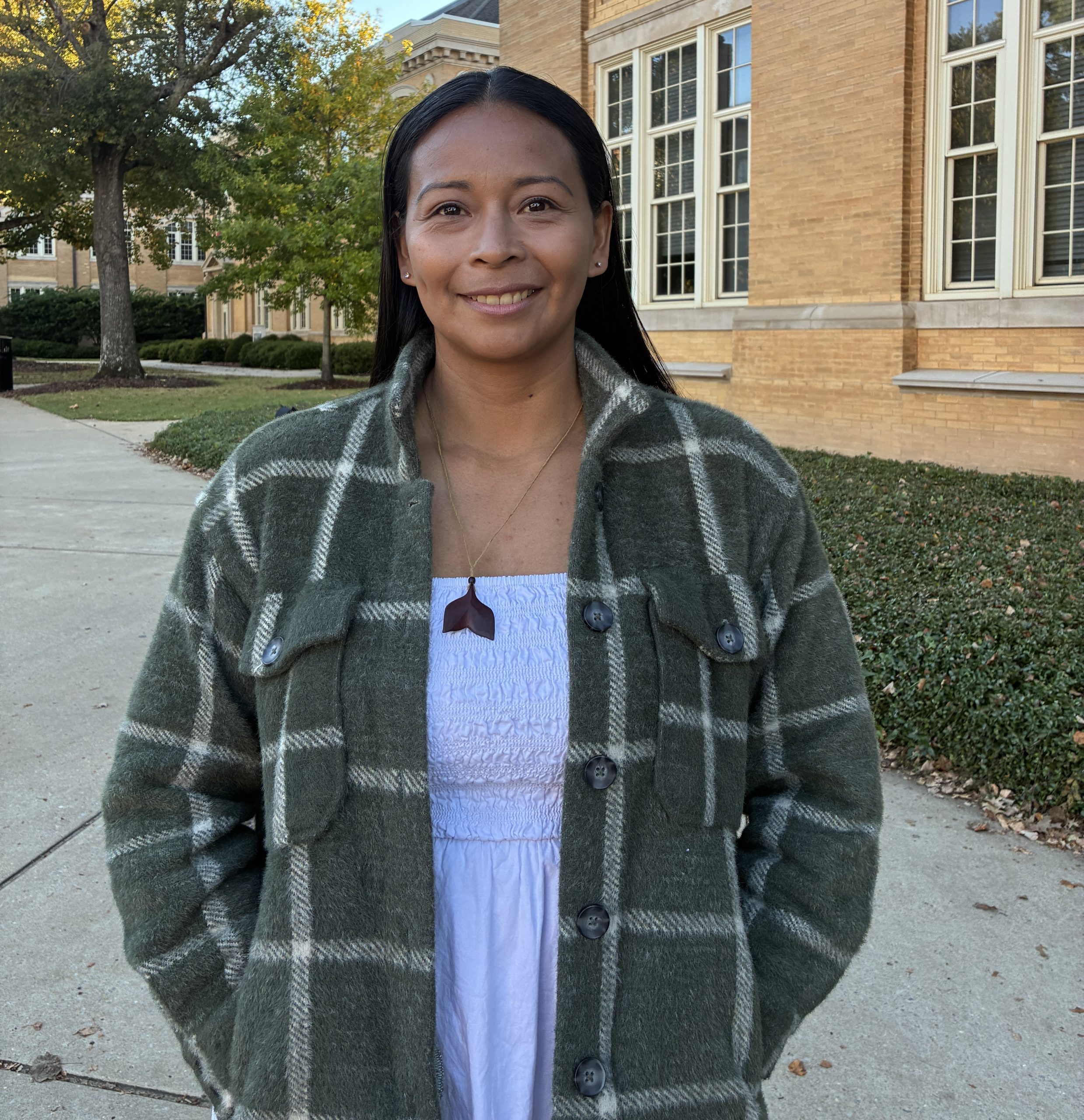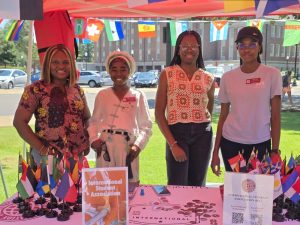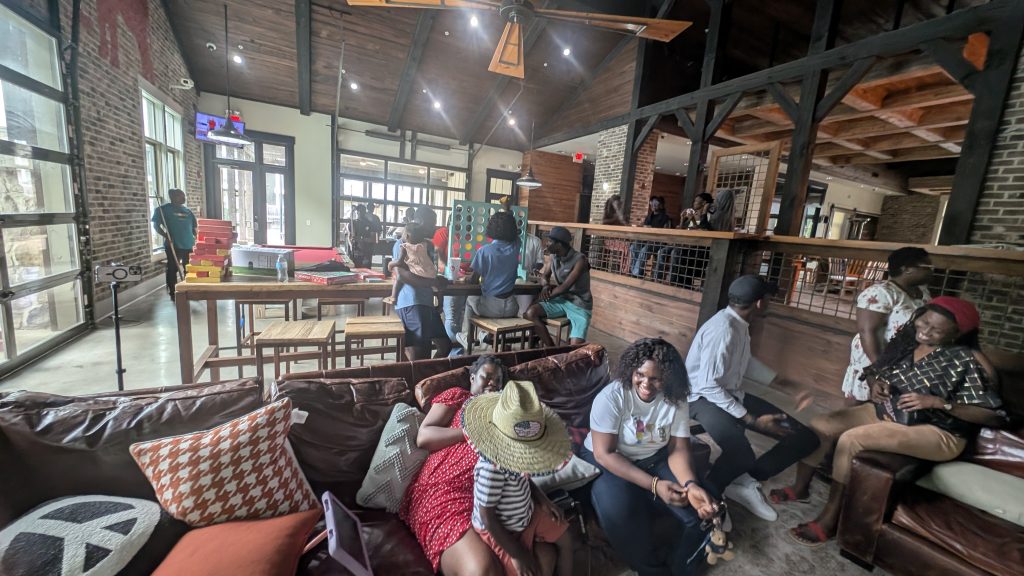Proclamation on H-1B Entry & Requirement of $100,000 Fee (Updated 10/20/2025)
Read: Proclamation and White House Fact Sheet
Late on Friday, September 19, 2025, President Trump signed a Proclamation titled Restriction on Entry of Certain Nonimmigrant Workers. The proclamation sets out to restrict the entry to the United States of H-1B specialty occupation workers unless employers pay a $100,000 fee per petition, with limited national-interest exemptions, starting at 12:01 a.m. eastern daylight time on September 21, 2025.
CLARIFICATIONS ON INTERNATIONAL TRAVEL FOR CURRENT H-1B EMPLOYEES (Updated 09/20/2025)
Late on Saturday, September 20, 2025, US Citizenship and Immigration Services (USCIS) issued a memorandum clarifying that the proclamation only applies to petitions that have not yet been filed. The memo states:
“The proclamation does not apply to aliens who: are the beneficiaries of petitions that were filed prior to the effective date of the proclamation, are the beneficiaries of currently approved petitions, or are in possession of validly issued H-1B non-immigrant visas.”
Separately, late Saturday, September 20, 2025, Customs and Border Protection (CBP) issued a memorandum to all Ports of Entry that states (bold from original):
“This Proclamation only applies prospectively to petitions that have not yet been filed. It does not impact aliens who are the beneficiaries of currently approved petitions, any petitions filed prior to 12:01 AM ET on September 21, 2025, or aliens in possession of validly issued H-1B non-immigrant visas… The Proclamation does not impact the ability of any current visa holder to travel to or from the United States. CBP will continue to process current H-1B visa holders in accordance with all existing policies and procedures.”
And on Sunday, September 21, 2025, the Department of State posted guidance, consistent with the guidance from U.S. Citizenship and Immigration Services and U.S. Customs and Border Protection guidance, stating:
This Proclamation does not:
- Apply to any previously issued H-1B visas, or any petitions submitted prior to 12:01 a.m. eastern daylight time on September 21, 2025.
- Does not change any payments or fees required to be submitted in connection with any H-1B renewals. The fee is a one-time fee on submission of a new H-1B petition.
- Does not prevent any holder of a current H-1B visa from traveling in and out of the United States.
USCIS FAQ (Updated 09/21/2025)
On Sunday, September 21, 2025, USCIS published an H-1B FAQ on the Presidential Proclamation.
According to the FAQ, the $100,000 payment must accompany any new H-1B visa petitions submitted September 21 and later.
The FAQ states that the proclamation does not apply to any previously issued H-1B visas or petitions submitted prior to 12:01 am eastern daylight time on September 21, 2025.
It further states that this does not change payments or fees required for H-1B renewals.
USCIS UPDATES ON PAYMENTS OF $100K FEE AND EXCEPTIONS (Updated on 10/20/2025)
On Monday, October 20, 2025, USCIS posted an update that outlines how petitioners may pay the $100,000 fee and clarifies that proof of payment or evidence of an exception from the fee must be included with the I-129 petition submitted to USCIS.
On the USCIS H-1B Page, USCIS has updated their section on the payment under “Presidential Proclamation on Restriction on Entry of Certain Nonimmigrant Workers” clarifying which cases the fee applies to and which cases are exempt.
USCIS clarifies that the fee applies to:
- H-1Bs for Consular Processing, Port of Entry Notification, and Pre-Flight Inspection
- H-1Bs for those who USCIS determines are ineligible for Change-of-Status, Amendment, or Extension of Stay
USCIS clarifies that the fee DOES NOT apply to:
- Those with previously issued and currently valid H-1B visas and approval notices,
- Petitions submitted prior to September 21, 2025,
- Sponsorship of an employee within the U.S. for an H-1B Change-of-Status, H-1B Amendment, or H-1B Extension, and
- Those who are beneficiaries of a Change-of-Status, Amendment, or Extension who subsequently depart the U.S. and apply for an H-1B Visa and/or seek to reenter the U.S. on a current H-1B visa.
H-1B sponsors/petitioners must include either proof of payment or proof of exemption at the time of filing.
USCIS has stated that exceptions to the $100k fee for H-1Bs for Consular Processing, Port of Entry and Pre-Flight Inspection cases may be granted by the Secretary of Homeland Security if the case meets a number of criteria. Employers must submit supporting evidence to DHS to obtain an exception.
The following chart may help to understand the fee structure:
H-1B Case Type
|
Does $100K Fee Apply?*
|
Conditions
|
| CONSULAR PROCESSING** – For those outside of the U.S. at time of filing |
YES |
Exception: Fee does not apply if the employee abroad already has a valid H-1B Visa in their passport. |
| CHANGE-OF-STATUS – Inside U.S. |
NO |
Must hold and maintain a valid visa status for Change-of-Status to be granted without fee. Absolutely NO INTERNATIONAL TRAVEL until H-1B petition is approved. |
| YES |
If Change-of-Status is denied, and petition is instead approved for Consular Notification. |
| EXTENSION – Inside U.S. |
NO |
Must maintain H-1B Status for extension of stay to be granted without fee. International travel is strongly discouraged while H-1B petition is pending. |
| YES |
If Extension-of-Status is denied, and petition is instead approved for Consular Notification. |
| AMENDMENT – Inside U.S. |
NO |
Must maintain H-1B Status for amendment to be granted without fee. International travel is strongly discouraged while H-1B petition is pending. |
| YES |
If Amendment is denied, and petition is instead approved for Consular Notification. |
| CHANGE-OF-EMPLOYER – Inside U.S. |
NO |
Must maintain H-1B Status for extension of stay to be granted without fee. International travel is strongly discouraged while H-1B petition is pending. |
| YES |
If Change-of-Employer is denied, and petition is instead approved for Consular Notification. |
* Fee does not apply to petitions filed prior to September 21, 2025
**Consular Processing includes port-of-entry and pre-flight inspection notification cases.
IMPORTANT NOTE: International travel when H-1B petition is pending will negatively impact change-of-status petitions and may impact extension, amendment, and change of employer cases. International travel while H-1B petition is highly discouraged.
LITIGATION AND COURT CHALLENGES (Updated on 10/16/2025)
On October 3, 2025 a coalition of labor unions, health care providers, schools, and religious organizations filed suit against Proclamation 10973. Read the complaint in Global Nurse Force et al v. Trump et al, Case # 3:25-cv-08454, filed in the U.S. District Court for the Northern District of California.
On October 16, 2025, the U.S. Chamber of Commerce filed a lawsuit against Proclamation 10973. Read the U.S. Chamber of Commerce post and the complaint in Chamber of Commerce of The United States of America v. Trump et al, Case # 1:25-cv-03675, filed in the U.S. District Court for the District of Columbia.
ISSS will continue to monitor the situation and update the Immigration Updates Page with information as it becomes available.





